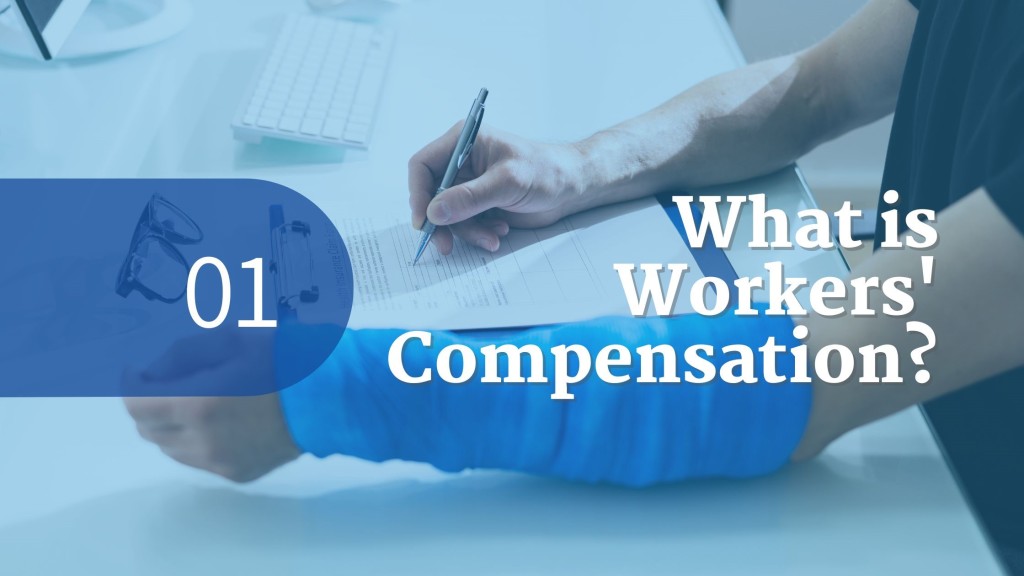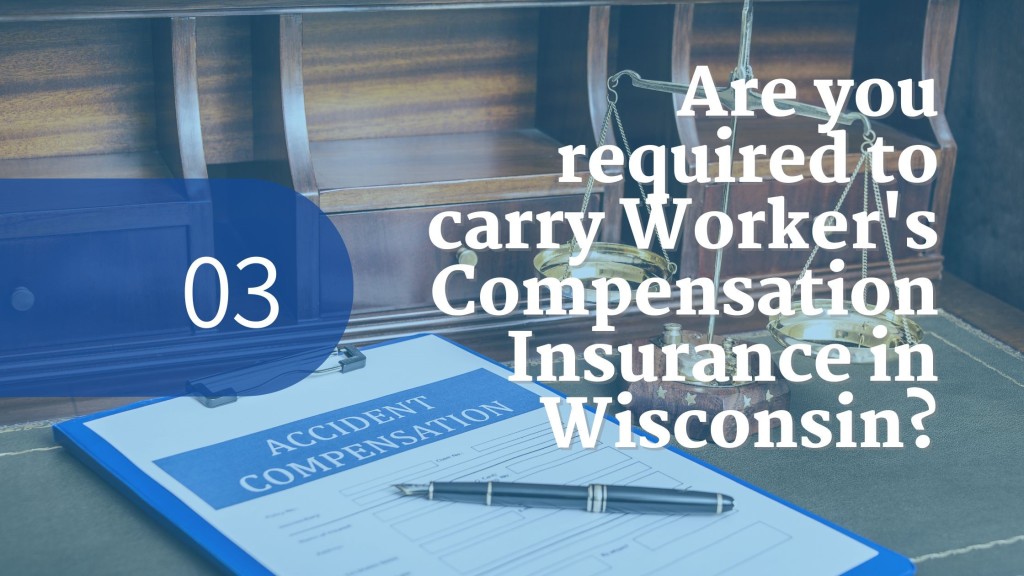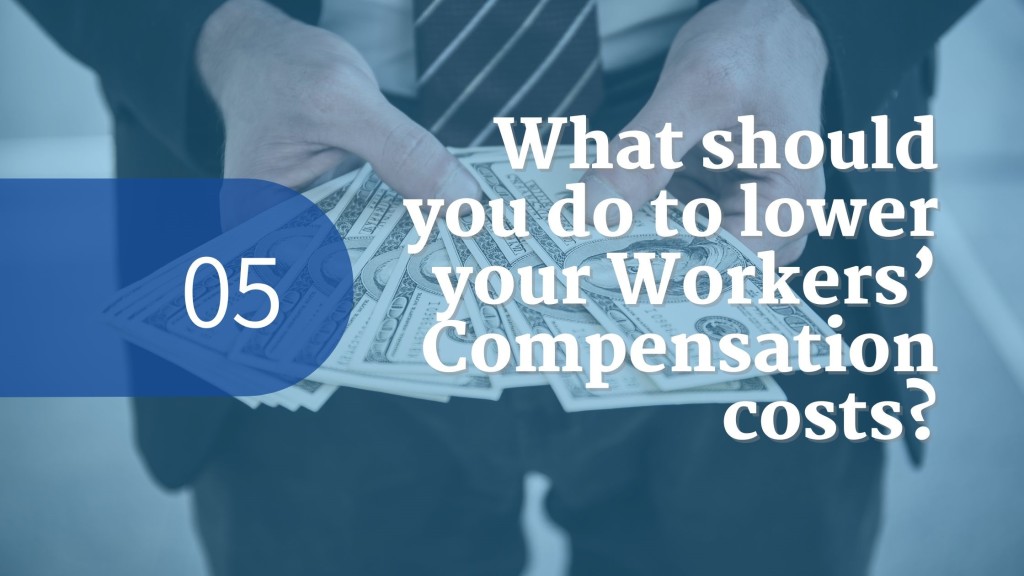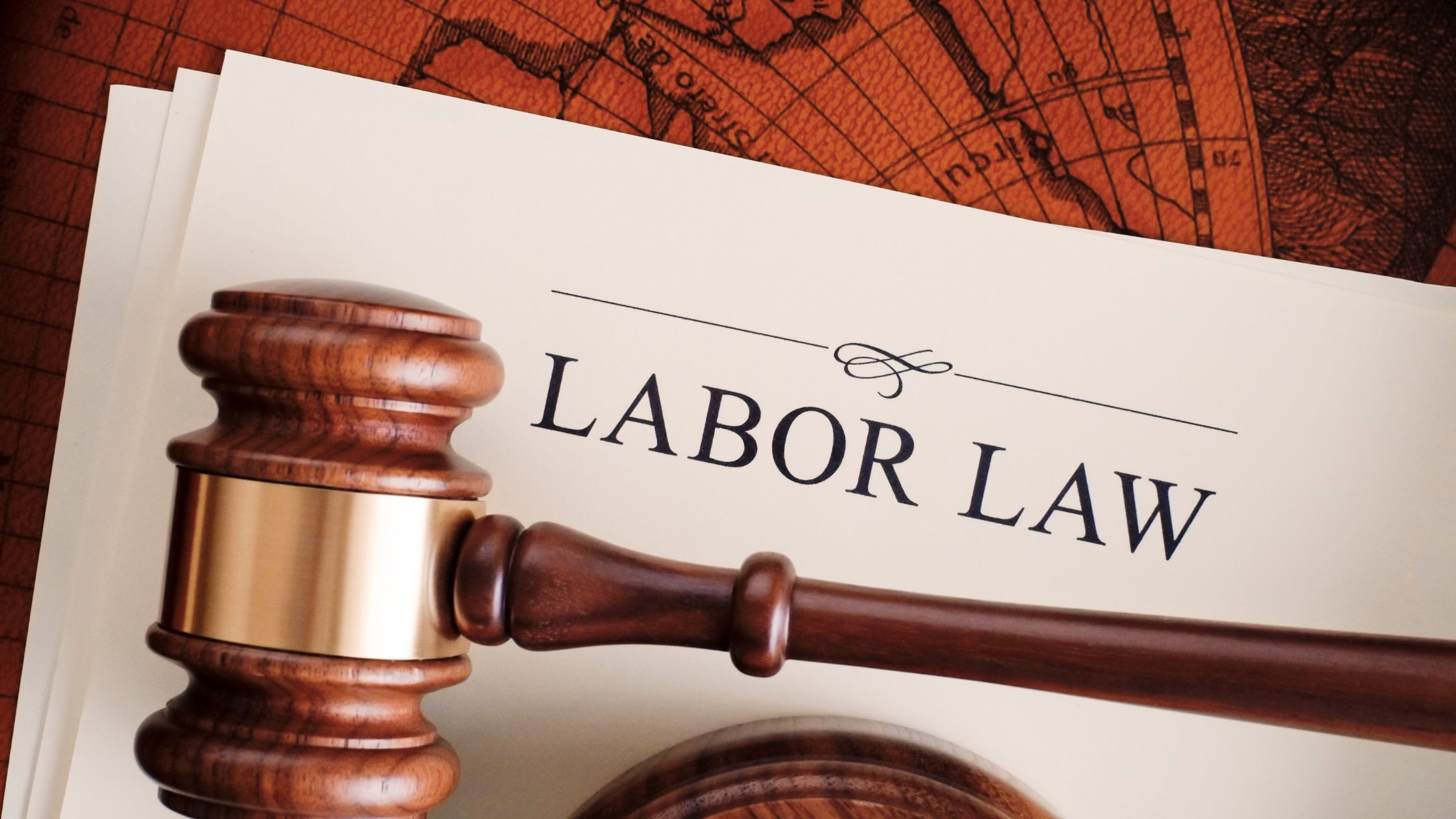Looking for Savings? You Need Workers’ Compensation.
We know that like most businesses amidst inflation, you are scouring your books looking for areas that may generate savings. You’ll easily spot that you’ve been overspending on office supplies, or throwing in money for substandard raw materials. A simple discussion with your accountant can help identify missed tax deductions and credits.
However, there’s another item in your budget that you might have overlooked that could potentially save you thousands of dollars.
A lot of employers may have the notion that workers’ compensation is simply a part of the regular cost of running a business, or that any instance which would prompt its payment, would be rare. But the truth is, work-related injury is more prevalent than you think and is in fact, hurting your bottom line.
The latest data from the Bureau of Labor Statistics (BLS) show that private industry employers reported around 2.7 million nonfatal workplace injuries and illnesses and 4,764 fatal workplace injuries in 2020.

Workers’ compensation is an insurance availed by employers to cover for their employees’ work-related injuries and illnesses. It can help cover medical expenses, missed wages, vocational rehabilitation, and in the worst case, death benefits.
It is also referred to as a no-fault insurance because it limits the employer’s liability. This means that your employees cannot sue you in court for additional reparation.

Physical harm, mental harm, accidental injury, and occupational disease, so long as they arose out of employment, are compensable under the workers’ compensation law in Wisconsin.
To be considered as injuries arising out of employment, the employee must prove that he or she contracted the disease or sustained injuries while engaged in an activity related to or incidental to his or her employment.
While most covered injuries should have occurred at the workplace, here are some instances that you may want to keep in mind.
Compensable:
- Injuries sustained while in the company parking lot or pathway through the company’s property
- Those that may happen while in transit on company business, like if the employee was sent on a business trip, provided that no deviation was made to run personal errands
- A delivery person who got into a traffic accident while making deliveries
- An employee injured in a fight with co-workers, where such employee did not start or provoke the fight
Not Compensable:
- Injuries obtained when running personal errands on the side while purportedly on-the-job
- Injuries that happen on the way to and from work, except when it occurs on company-owned property (not including company-sponsored vehicles)
- Self-inflicted wounds

If your business falls under any of the following, then you are required by law to get workers’ compensation for your workers:
- You have at least three full-time or part-time employees.
When You Should Get It: On the day you employ the third employee.
- You employ at least one or more full-time or part-time workers to whom you have paid combined gross wages of $500 or more, in any calendar quarter, for work done at one or more locations in Wisconsin.
When You Should Get It: By the 10th day of the first month of the next calendar quarter.
- You are a farmer who employs at least six workers on the same day for any 20 days during the calendar year.
When You Should Get It: By the 10th day after the 20th day of employment.
- You are an out-of-state employer with employees working in Wisconsin.

The latest data from the National Council on Compensation Insurance (NCCI) showed that the average cost for all claims from 2019 to 2020 was $ 41,353. It further revealed that the most costly compensation claims were those that arose out of motor vehicle crashes, averaging $85,311 per workers’ compensation claim, burns at $54,173, and falls or slips at $48,575.
Aside from the actual claims, your productivity rate can also take a hit, due to injuries that could render employees temporarily incapable or permanently incapacitated to work. Worst case scenario, you’d have to spend on recruiting and training new employees.

Accidents happen all the time, but that doesn’t mean it’s beyond your control. Before you shrug it off as an inevitable business cost, here’s what you should know:
The higher your claims history, the higher your premium will be.
Aside from work classification, which determines the degree of risk faced by your employees on-duty, your insurance rate is also computed on the basis of your experience modifier. This is also referred to as experience modification factor (MOD) and is the numerical representation of your claim experience. The number is configured by comparing your claims to others in your industry with similarly classified employees.
Thus, it is important to contain the incidence of your company’s workplace injuries and occupational diseases if you want to minimize your workers’ compensation costs. Here’s how:
- Know your risk.
- Educate employees on workplace safety, which may include trainings on emergency preparedness, basic life support, and more.
- Give workers adequate access to health and wellness resources.
- Provide the appropriate personal protective equipment (PPE) for their work, if needed.
- Create an occupational health and safety policy or handbook.
- Establish a reporting mechanism for workplace hazards.
- Create a return-to-work program.
If you’re feeling overwhelmed by all these, take this tip for starters:

When it comes down to it, you don’t want to be caught in a conundrum without proper coverage for yourself and that of your employees. Make sure that you are covered with workers’ compensation, if your business qualifies. In today’s current economy, with the prices of everything on the rise, all it takes is one unexpected accident to send your finances through the roof. Workers’ compensation can help you to provide coverage in those unexpected times of need without causing additional stress on your business structure.
End your struggles with workers’ compensation today! (Psst…we’ll also complete those workers’ comp audits for you!) You can follow Payroll Solutions on Facebook and LinkedIn for more information, industry updates, and tips beyond payroll.








